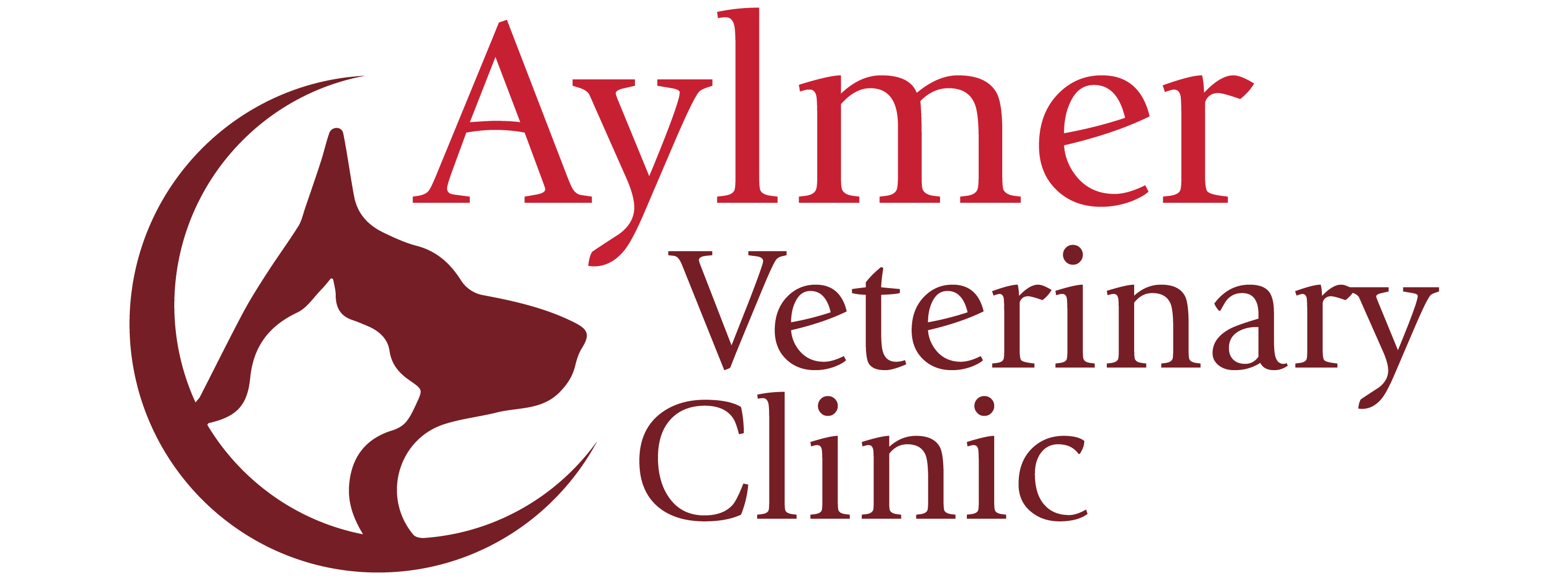Kennel Cough is a highly contagious respiratory disease in dogs. Similar to the common cold in humans, it is known to cause inflammation of the trachea and bronchial tubes. It is so common that it will likely affect every dog in their lifetime.
Symptoms
- Persistent dry cough (sounds like something stuck in the throat)
- Coughing/gagging through the night that keeps the dog awake at night
- Watery nasal discharge
- Severe cases, dogs can become lethargic, fevered, and off their food. Symptoms can progress to pneumonia
Causes
- The most common microorganisms that contribute to kennel cough are Bordetella bronchiseptica bacteria, canine adenovirus, parainfluenza virus and mycoplasma
- Dogs often develop symptoms a few days after exposure to another dog or area where a dog was infected
Diagnosis
- Clinical symptoms and exposure to other dogs
- Physical exam and palpation of the trachea to elicit a cough
- If the dog does not respond to treatment, x-rays and bloodwork may be needed
Treatment
- Because kennel cough is usually viral, typically no treatment is necessary as it will usually clear up on its own within 1-2 weeks
- A cough suppressant may be prescribed
- If the veterinarian suspects a bacterial infection is present, they may prescribe antibiotics
- Depending on the severity of infection, hospitalization may be required (if pneumonia is present)
Prevention
- A dog with kennel cough should be isolated from other dogs as kennel cough is highly contagious.
- Vaccination against Bordetella bronchiseptica, adenovirus and parainfluenza virus
- Even after vaccination, a dog may still acquire kennel cough, but usually its less severe
- Cleaning all surfaces with bleach after a suspected kennel cough dog enters an area, and washing all dog bedding
Written by Kelly, Veterinary Technician




